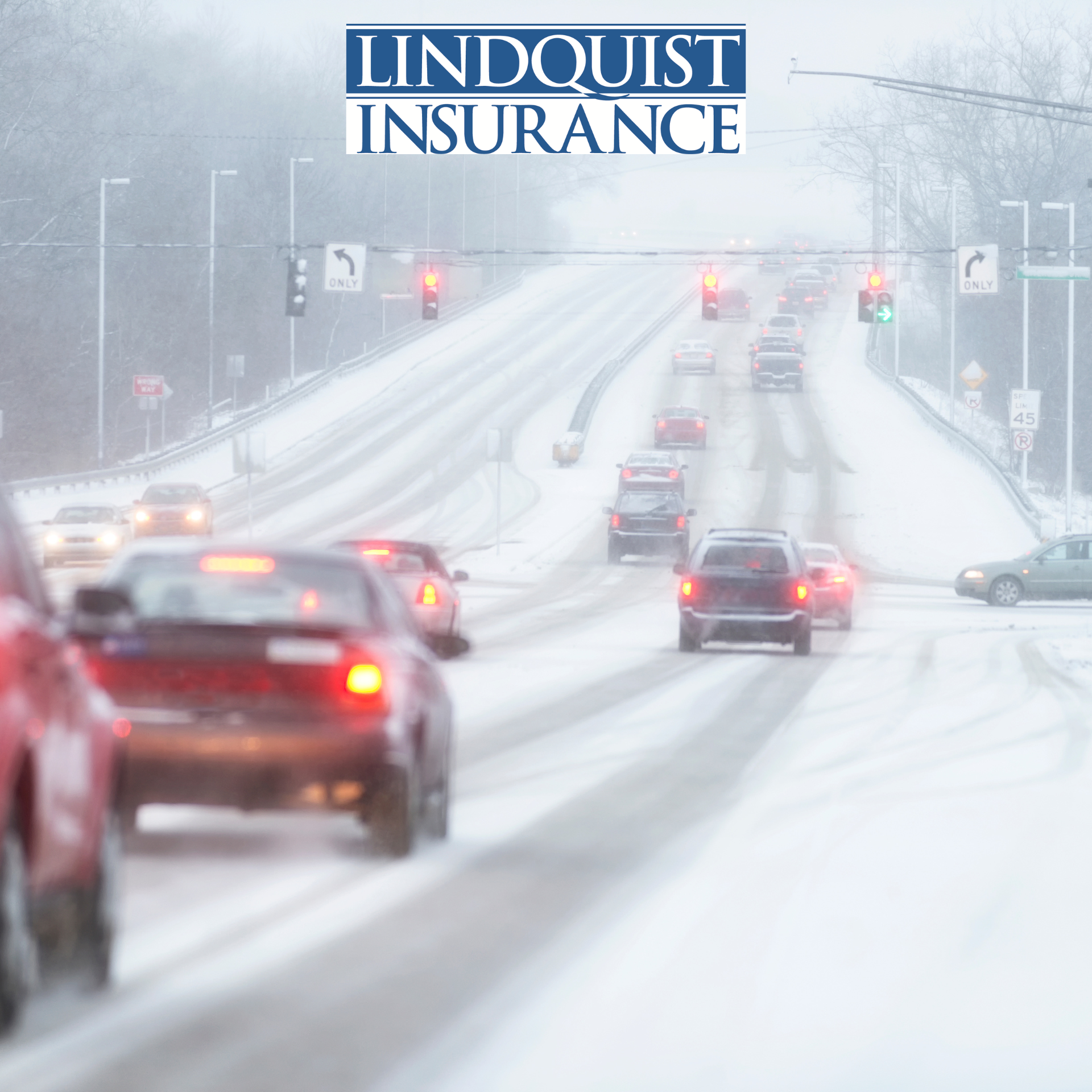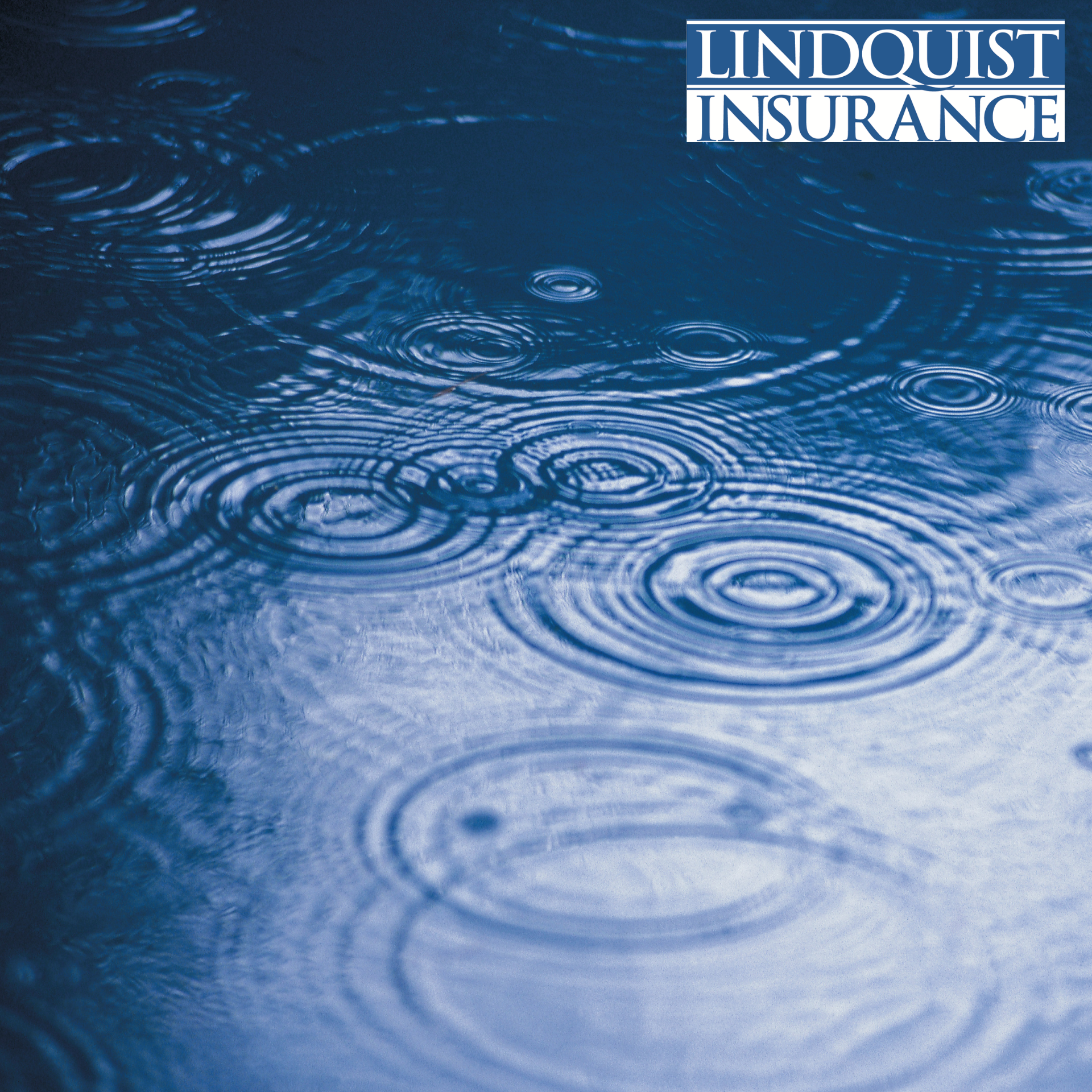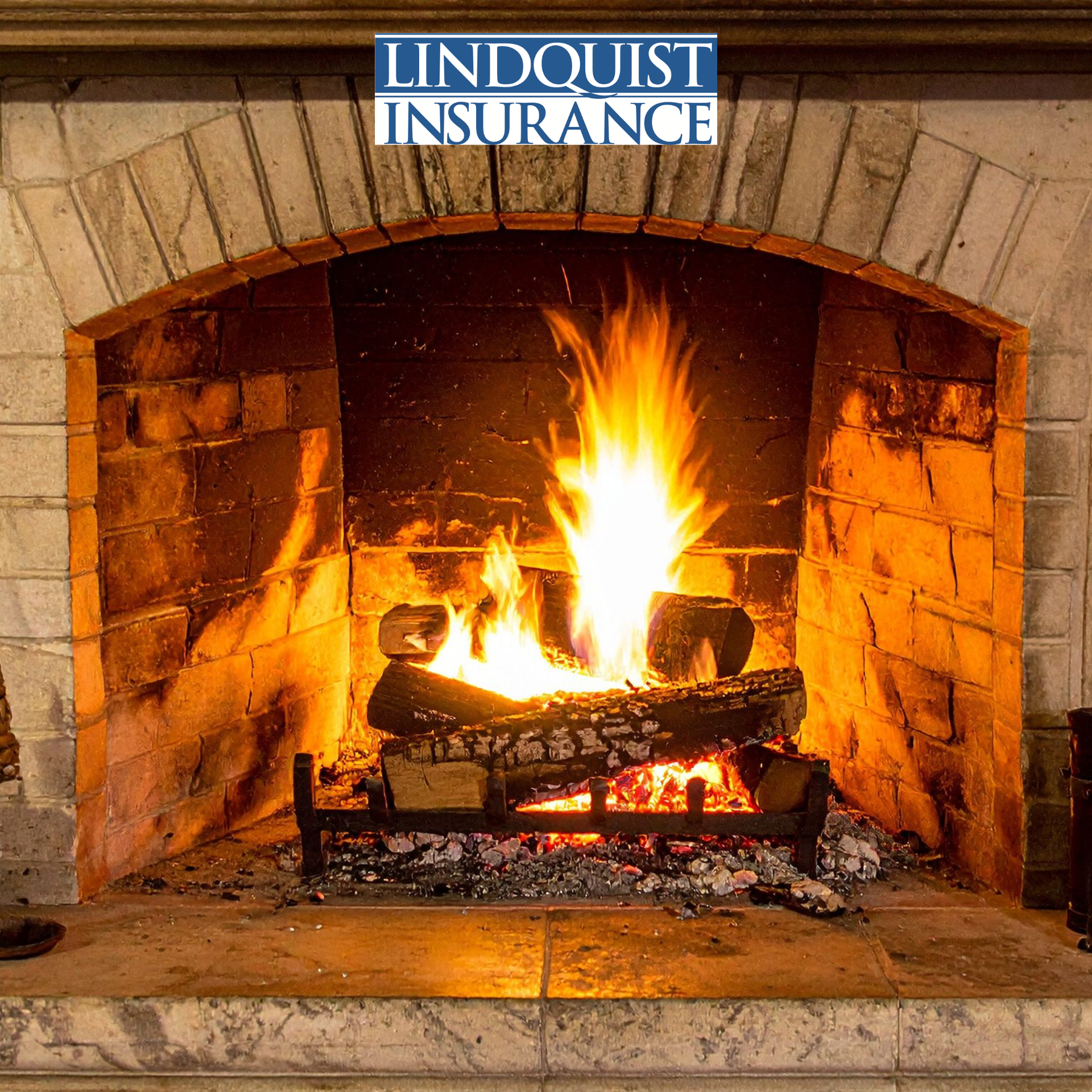Hurricane Prep Checklist: 28 Things to Do Before a Hurricane
From the months before hurricane season to the moment a warning is issued, here's a step-by-step list to be ready.
When it comes to natural disasters, nothing causes damage and destruction like a hurricane.
Tropical storms and hurricanes generate an estimated $54 billion worth of economic losses each year in the United States, reports the Congressional Budget Office. And more than half of that damage is related to repairing homes.
If you live in the path of a hurricane, it’s nearly inevitable that you’ll experience some type of damage to your home or property. That’s why it helps to work with a local agent to understand how your homeowners insurance can cover different types of hurricane damage.
With a little preparation, there are steps you can take to help reduce the impact and keep your family safe. Keep reading to learn what steps you can take to be ready, whether it’s months before hurricane season or the moment a warning is issued.
WHEN IS HURRICANE SEASON?
In the United States, the Atlantic hurricane season runs from June 1 to Nov. 30. While storms are most likely to occur during this period, hurricanes can happen any time the weather conditions are right.
If you live in a hurricane-prone area, preparation can be key to minimizing storm damage.
Wondering what to do before a hurricane? Follow this hurricane prep list for tips to help weather the storm:
TIPS FOR BEFORE THE START OF HURRICANE SEASON
- Make an emergency plan. Making a plan will help ensure your family is all on the same page if a hurricane strikes. A plan can help you make decisions faster and reduce fear in young children. Visit www.ready.gov/planfor resources.
- Know your evacuation route. If a hurricane is headed your way, you may be asked to evacuate your home. Knowing your final destination and route in advance can help you evacuate quickly when time is of the essence.
- Sign up for trusted alerts and warnings. During a hurricane, you’ll need access to timely, reliable information. So it’s best to identify several methods to receive alerts or warnings before a hurricane. Download the Federal Emergency Management Agency (FEMA) app on your phone to receive real-time alerts from the National Weather Service. It’s also wise to familiarize yourself with how the Emergency Alert System (EAS) and Wireless Emergency Alert (WEA) work in your area.
- Find a trusted radio news station. If utilities go down, a radio may be your only reliable source of information. Purchase a battery-operated or hand-crank radio to have on standby. And write down your local National Oceanic and Atmospheric Administration (NOAA) radio station frequency.
- Locate important documents. Store copies of your medical information, insurance policies, passports, birth certificates and proof of address together in a waterproof container so you’ll have them on hand if needed.
- Check your insurance policy. Typically, a hurricane watch is called about 48 hours ahead of tropical storm force winds. Once that happens, it’s unlikely you’ll be able to get a new policy or make a policy change at the last minute. To ensure your home and property are covered, check in with your insurance agent before hurricane season starts. Read our related article on how named storms may affect your insurance coverage.
- Create a home inventory. In the event you have to file an insurance claim, you’ll need to document everything you’ve lost. That’s where a home inventory can help. It’s a list of all your personal possessions, along with their estimated value. And it’s a great way to help protect the contents of your home. Learn more about creating a home inventory.
- Build an emergency kit. It can be hard to imagine several days (or weeks) without power, internet or running water. But during a hurricane, anything can happen. That’s why your family should have supplies ready for any type of disaster. Check out these 31 must-have items for your home emergency kit.
- Invest in a generator. When a hurricane is on its way, backup power generators are one of the first things to sell out in stores. Buy your hurricane power supply in advance, and familiarize yourself with these 9 things to know if you have a backup generator.
- Protect your pets.. During and after the devastation of Hurricane Katrina, thousands of pets were abandoned because their owners had no plans to evacuate them. To keep your furry friends safe, follow these pet protection tips.
TIPS TO PREPARE DURING HURRICANE SEASON
- Gather supplies. Stock up on essential supplies for a hurricane. This includes plenty of water, non-perishable food and batteries.
- Clean your gutters. To help reduce water damage, ensure your gutters, downspouts and drains are clear before the storm. This will help divert as much rain as possible away from your home.
- Prepare windows and doors. One of the best ways to prep a home for a hurricane is by protecting your windows and doors from broken glass. Permanent storm shutters offer the best protection, but you can also cover them with one-half inch marine plywood, if needed.
- Turn down the temperature. If you don’t have a generator, turning your refrigerator and freezer to the coldest setting will help your food stay cool if the power goes out.
- Fill up your tank. If damage in your area is severe, it may be difficult to find an open gas station for days or weeks after a hurricane. Make sure all your vehicles are gassed up and fill up any portable gasoline cans you have in advance.
- Charge your devices. Mobile devices like smartphones and tablets are your link to critical information during a disaster. Make sure they’re fully charged when a hurricane watch is announced. For extra peace of mind, consider purchasing a battery-powered portable charger or power bank.
- Store outdoor items. Patio furniture, trash cans and bicycles can easily be carried away by high winds, so bring them indoors before the storm hits.
- Check in with neighbors. See if anyone in your neighborhood can use an extra hand preparing for the storm. This is especially important if you have neighbors who are elderly or have a disability.
- Fill sinks and bathtubs. If your utilities get shut off, having extra water on hand can help with tasks like flushing the toilet or washing clothes. Get more tips for storing water during a natural disaster.
- Move your valuables. If you have time, move valuables and furniture to the highest point in your home to prevent water damage.
- Notify friends and family. Before the storm hits, let those closest to you (outside the storm zone) know your plans. During the storm itself, try to limit your phone calls. Wireless networks are often overtaxed during an emergency.
- Evacuate if directed. If local authorities issue an order to evacuate, take it seriously and act quickly. . Avoid flooded roads and watch for washed-out bridges. If an evacuation order is in place, riding out the storm could put you and your family in danger. If you can’t stay with friends or family, head to an emergency shelter.
LAST-MINUTE TIPS FOR A HURRICANE WATCH OR WARNING
A hurricane watch means that hurricane conditions are possible within the specified area. They are typically issued 48 hours in advance of the anticipated onset of tropical-storm-force winds.
A hurricane warning means conditions are expected within a specified area. Because hurricane preparedness activities become difficult once winds reach tropical storm force (sustained winds of 39 to 73 mph), hurricane warnings are issued 36 hours in advance of the anticipated onset of the storm. When that happens, keep these tips in mind.
- Stay indoors. If you’re sheltering in place, avoid the temptation to go outside and watch the storm. By far, the safest place to wait out a hurricane is inside your home.
- Avoid floodwaters. Don’t walk, swim or drive through floodwater. Not only could the current sweep you off your feet, but the water can contain harmful contaminants and bacteria.
- Unplug appliances. If you lose power, unplug your appliances. This will protect them from power surges, which can cause permanent damage.
- Turn off utilities. If directed by your utility provider, turn off your electricity, water and gas at the main shut-offs.
- Stay alert. When it’s safe to head outdoors, watch out for downed power lines and other dangerous obstacles.
- Don’t return until it’s safe. If you’ve been evacuated from your home, only return when local authorities say it’s safe to do so.
Following these tips before a storm hits can help limit the damage to your home and property. For information on what to do after a hurricane, visit our hurricane safety page.
CLAIMS SERVICE YOU CAN COUNT ON TO HELP YOU WEATHER THE STORM
At Erie Insurance, we know how valuable a little kindness can be on your worst day. When you need it most, we promise to provide relief, support and calm after the storm.
We believe a claims experience that's fast, fair and personal isn't a luxury reserved for the few. We insist that exceptional service be an everyday expectation — for you and all of our customers.
That’s why we have a dedicated team of claims adjusters who respond to catastrophe claims. Our specially trained catastrophe teams are sent to your community immediately following a weather event so they can be at your doorstep, handling your claim quickly and with compassion.
To learn how you can protect what matters most — in any weather — get in touch with a local ERIE agent in your neighborhood.










Share On: